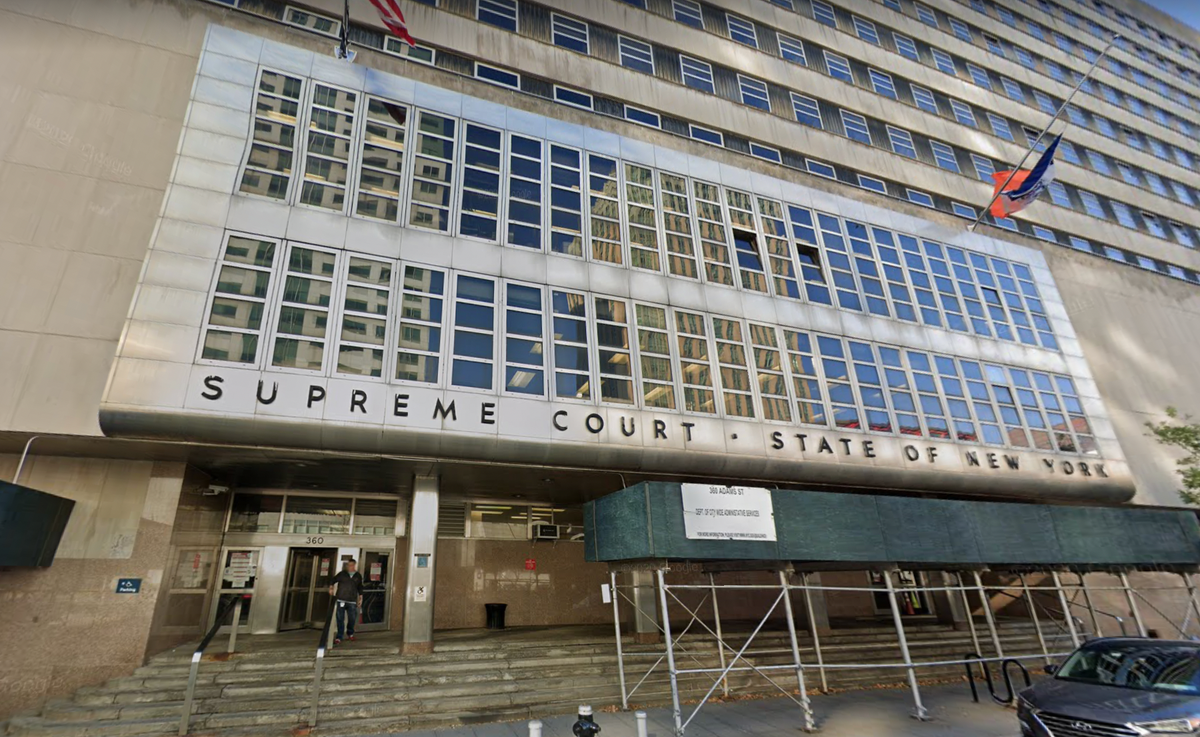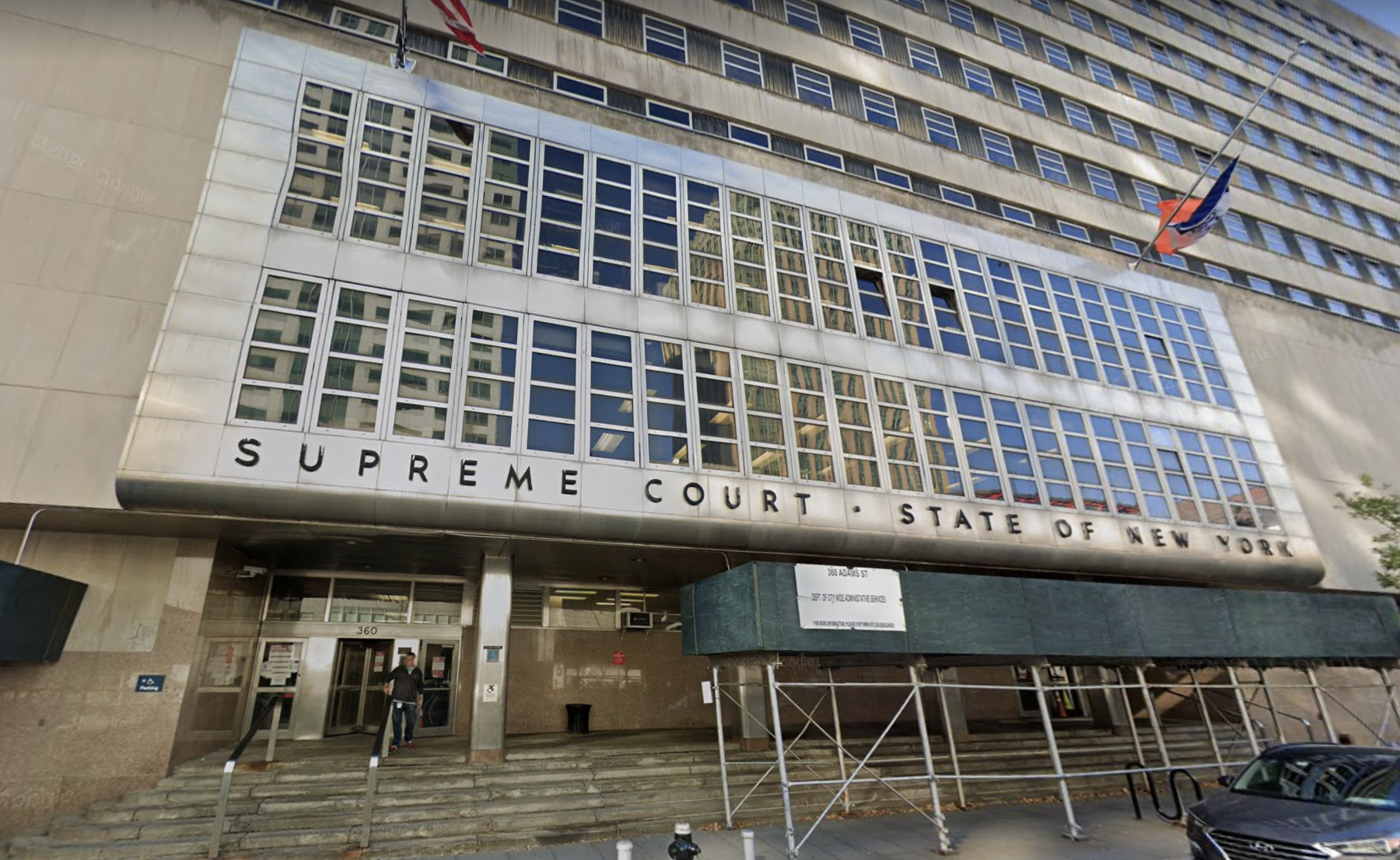Brooklyn Agency Managing Estates of Deceased Brooklynites Riddled With “Dysfunction and Dissension,” Comptroller Says


The agency tasked with managing estates belonging to Brooklynites who pass away without a will or heirs is riddled with “dysfunction and dissension,” including a tendency to lose track of estate property that inexplicably disappears.
That’s according to a new audit from City Comptroller Scott Stringer, which concluded that the office of the Kings County Public Administrator (KCPA) has “weak controls and insufficient procedures in place” for collecting and recording personal property belonging to the deceased, among other serious problems.
“Our audit uncovered disturbing weaknesses in the Brooklyn public administrator’s office that hurt its ability to safeguard and account for personal belongings of the deceased,” Stringer said in a statement on Tuesday. “Bureaucracy and conflicts cannot stand in the way of responsible management of estates and their property. We owe it to those New Yorkers we have lost and their families to be responsible stewards.”
The KCPA is responsible for protecting estates from waste and theft; making burial arrangements; paying taxes; and distributing assets in accordance with a decree issued by the Kings County Surrogate’s Court, which is overseen by two elected judges.
But the agency is struggling to competently perform those tasks. For example, the audit found that the KCPA could not account for about 60 of more than 1,200 bags of estate property kept in its vault. Of those 60 bags, 52 were missing from the vault, and the other eight were found open and empty, their contents removed with no corresponding entry in the record.
The comptroller’s office also found hundreds of items in the vault not listed in the agency record, including “baseball cards, guitars and vintage typewriters,” among other items whose owners are unknown and are therefore “at increased risk of being misappropriated,” the audit said.
There are also problems from higher up: the Surrogate’s Court has issued two administrative orders with “directly conflicting directions” related to estate administration, the audit found, creating “confusion and dissent within the KCPA related to the proper chain of command.”
The conflicting administrative orders stem from a bitter dispute between Public Administrator Richard Buckheit and Surrogate’s Court judge Harriet Thompson that has exploded into a lawsuit and competing accusations of racism and homophobia.
On May 18th of last year, Thompson suspended Buckheit from handling her cases and issued an order requiring that his deputy handle them instead. But two days later, the other Surrogate’s Court judge, Margarita Lopez-Torres, issued a contradictory order that said the deputy could not legally act without Buckheit’s approval.
The discrepancy “overshadows all of the office’s operations,” the audit says, and “exacerbated a reportedly pre-existing divisive culture.”
Stringer’s office called on the judges to review their orders with the state’s Office of Court Administration to resolve the discrepancies, and for the KCPA’s office to establish policies to ensure it properly logs information on property recovered from estates it manages.
In response, the KCPA said the audit offered “several valid recommendations” but that, until the dispute between Buckheit and Thompson was resolved, “additional efforts to improve KCPA operations will not be possible.”
For their part, one of the two Surrogates called the issues raised by the audit “symptomatic of the fundamental structural problems” endemic to the way the office is supervised, and said the problems would continue “until this underlying structure issue is rectified.”
As Bklyner and other outlets have previously reported, the Court itself and the public administrator’s office it oversees have been plagued for years by corruption and infighting. In 2019, a KCPA investigator was convicted of stealing $78,000 from estates he oversaw, the latest in a long line of scandals at the office. Two judges have had to leave the bench in the last 20 years due to misconduct allegations.
The court also plays a critical role in the Brooklyn Democratic Party’s ability to dole out patronage, because it can give out lucrative estate cases to lawyers favored by the party.
Brooklyn voters will have the opportunity to shape the court’s future in the upcoming June 22nd primary election: Lopez-Torres is retiring, and two candidates are running to take her place.
Those candidates are Dweynie Esther Paul—a current Civil Court judge who, like Thompson, is closely aligned with the Brooklyn Democratic Party—and Rosemarie Montalbano, a current State Supreme Court justice backed by reformist political clubs like the Independent Neighborhood Democrats and Central Brooklyn Independent Democrats.
Neither candidate responded to requests for comment on this story. But at a forum earlier this year, the two took opposing positions on a state bill sponsored by Assembly Member Robert Carroll that would help reform the KCPA by transferring control of the office’s top staff from the judges themselves to the mayor’s office.
Montalbano said she supports the bill because, she told forum attendees, “I want to be able to say, true transparency, this is not my person, that I am looking at every case individually.”
But Dweynie Paul claimed the reform, rather than the dysfunctional status quo, would be unacceptably political.
“It ties in the opportunity for politics to get in the way of what the judge is supposed to do,” she insisted. “And judges are away from politics and focus on what’s right, what’s just, under the law. And so I believe that as Surrogate, I can maintain that role.”




